Cancer Treatment - A Macro Comparison between Traditional Chinese Medicine and Western Medicine
Dr. Yu Chau Leung
Former President of the Hong Kong Association of Integration of Traditional Chinese and Western Medicine
Registered Western doctor
Registered Chinese medicine practitioner
Dr. So Tsz Him
Honorary Clinical Assistant Professor, Department of Clinical Oncology, The University of Hong Kong
Registered Chinese medicine practitioner
Information Compilation : Ms. Vivien Kam
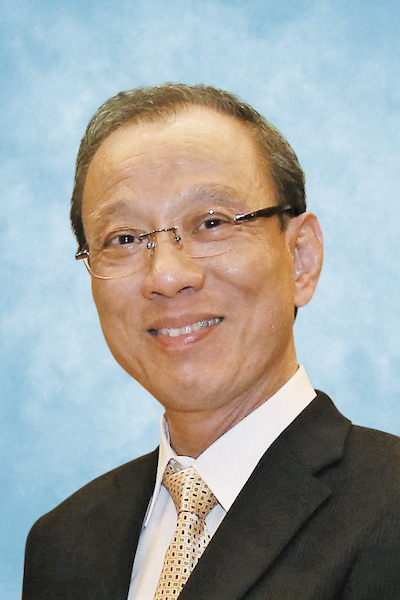
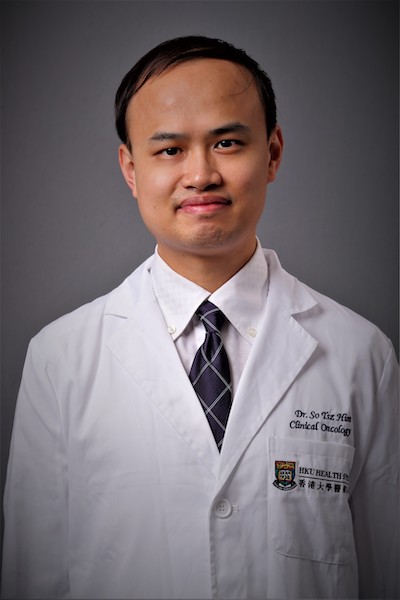
Introduction: Due to historical and philosophical reasons, traditional Chinese medicine and Western medicine are two completely different systems, each with its own advantages. If the methods and strengths of both can be appropriately combined, it will complement each other and provide patients with another choice. In this article, Dr. Yu Chau Leung and Dr. So Tsz Him provide an analysis of the similarities and differences between Western medicine and traditional Chinese medicine in the treatment of cancer.
Part One - Introduction
Part Two - Differences and Similarities between Western Medicine Treatment and Traditional Chinese Medicine Treatment
Part Three - Recent Developments
Part One - Introduction
Due to historical and cultural reasons, traditional Chinese medicine and Western medicine are two completely different systems, each with its own advantages. If the methods and strengths of both can be appropriately combined, it will complement each other and provide patients with another choice. For example, while using Western medical means to quickly treat cancer for patients, Chinese medicine can also be used to reduce side effects and strengthen the body.

Part Two - Differences and Similarities between Western Medicine Treatment and Traditional Chinese Medicine Treatment
Whether it's Western medicine or traditional Chinese medicine, in treating cancer, in addition to considering the need for anti-cancer drugs, the patient's own physical conditions must also be considered in determining the choice of medication and treatment methods. Simply put, the focus of doctors is "treating people" rather than "treating diseases". This is common to both traditional Chinese and Western medicine.
Here are some differences between Western medicine and traditional Chinese medicine in the treatment of cancer:
(1) Evidence-based vs Experience-based
Western medicine places more emphasis on evidence-based medicine, and most treatments have been proven effective through large-scale research and have actual data support, so the methods used by oncologists in treating are fairly similar. Traditional Chinese medicine, on the other hand, places more emphasis on experience and prescribes medicine according to the theory of traditional Chinese medicine. Although there is some evidence-based research in traditional Chinese medicine in recent years, it is still preliminary overall. Also, because each traditional Chinese medicine practitioner has different experiences and philosophy, the treatment methods and prescriptions used may be more diverse.

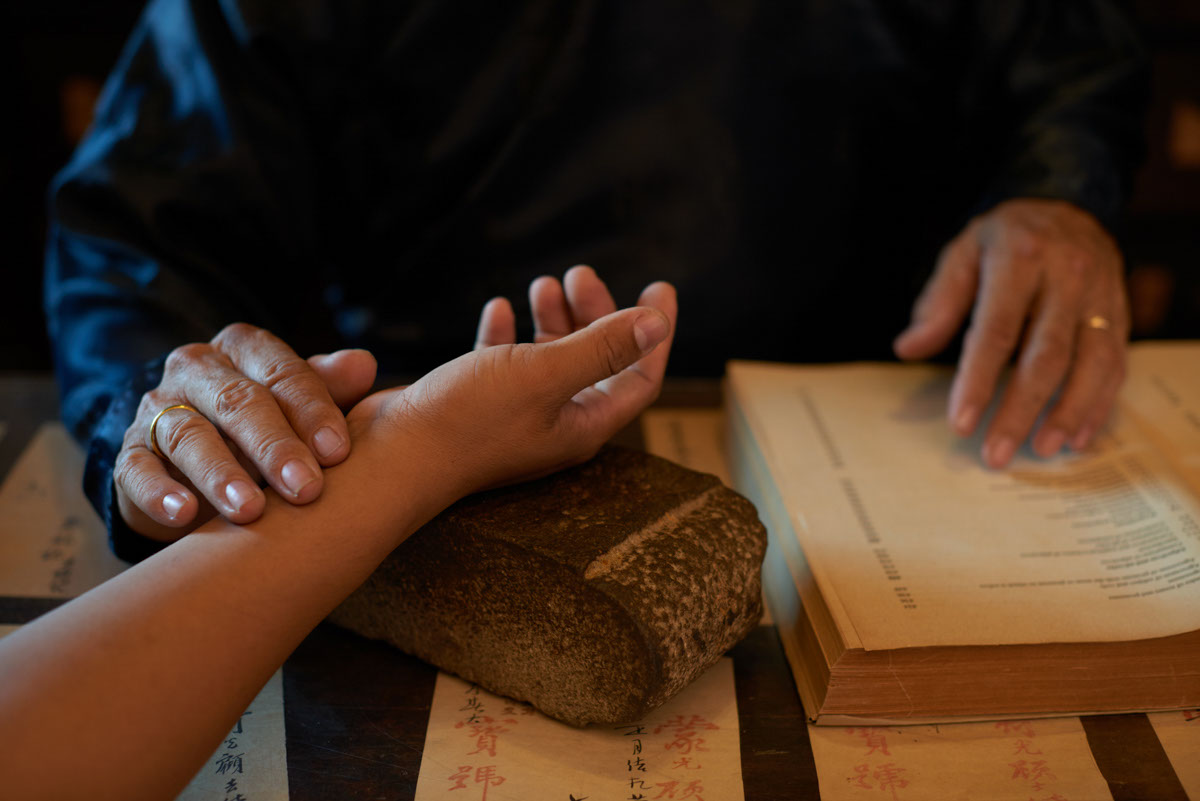
(2) Relying on scientific instruments for diagnosis vs relying on doctor's experience for diagnosis
Western medicine has been developing various advanced instruments to diagnose cancer, such as computer scans, magnetic resonance scans, blood tests, etc. Recently, different genetic diagnoses have been added to determine the type, degree, and stage of cancer. Traditional Chinese medicine, on the other hand, mainly relies on the experience of practitioners, who diagnose and treat patients through clinical skills such as observation, listening, questioning, and palpation, and provide syndrome differentiation and treatment for patients.
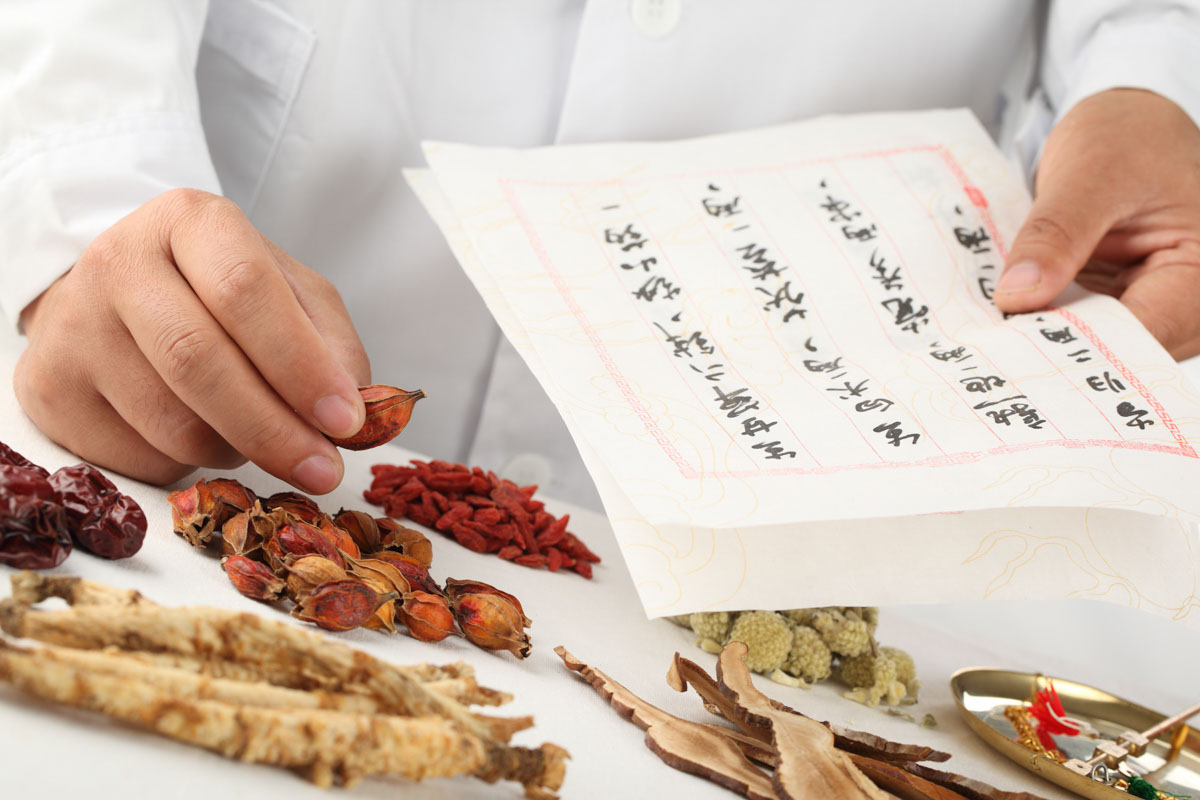
(3) Surgery vs Non-surgery
For many cancers, if they have not spread, the first line of treatment in Western medicine is surgical removal, while traditional Chinese medicine relies on Chinese medicinal treatment, supplemented by acupuncture, massage, qigong, dietary adjustments, etc.
(4) Targeted vs Holistic
Western medicine focuses on quickly and specifically removing tumors, so in addition to surgery, it has also developed chemotherapy, radiotherapy, targeted therapy, etc., hoping to quickly eliminate the illness. Traditional Chinese medicine, on the other hand, more focuses on holistic treatment, advocating taking good care of the body at different levels, regulating the viscera and bowels, and reinforcing the healthy qi to expel pathogens.
(5) No dietary restrictions vs Dietary restrictions
In terms of diet, Western medicine generally believes that there is no need for dietary restrictions, and overall, different foods have different nutritional values (except for some such as pickled and uncooked foods, etc.); Traditional Chinese medicine believes that different patients have different dietary contraindications, for example, for diseases of a hot nature, patients need to avoid eating fried, spicy stuff, duck/goose and other "hot" foods. If the patient's constitution is deficient or cold, they need to avoid eating watermelon, ice cream or other raw and cold foods.
(6) Removing cancer vs Strengthening the foundation and nourishing the origin
Western medicine focuses more on using different methods to remove diseases (tumors), believing that once the cancer is removed, the body will gradually improve; Traditional Chinese medicine focuses more on conditioning the body, strengthening the foundation and nourishing the origin, and enhancing immunity, so as to have a good constitution to fight against cancer. Traditional Chinese medicine also uses medicine to treat cancer, but generally speaking, it is more about strengthening the body.
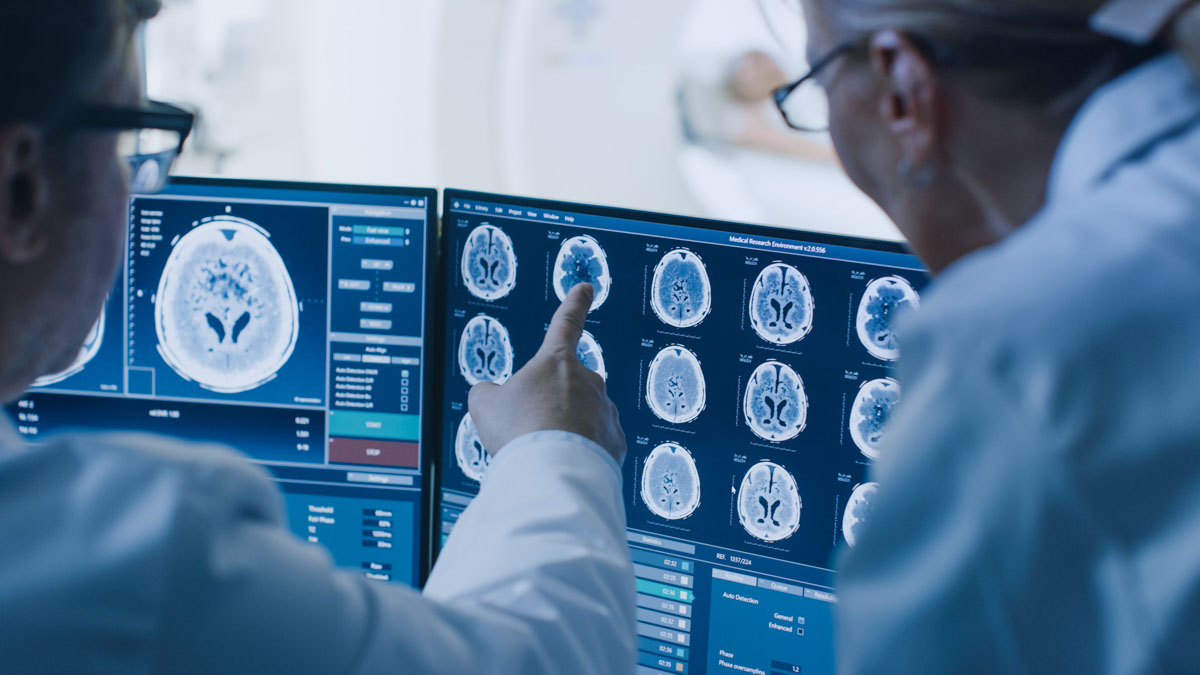
Part Three - Recent Developments
As mentioned earlier, both traditional Chinese medicine and Western medicine have their strengths, and if both can work well together, it will be more beneficial for patients. It is encouraging that there have been inspiring developments in Hong Kong in recent years:
・The Hospital Authority has established 18 traditional Chinese medicine clinics under its umbrella;
・Universities attach more importance to the integration of Chinese and Western medicine, for example, the Chinese University of Hong Kong established the Hong Kong Institute of Integrative Medicine;
・The government has announced that it will establish the first traditional Chinese medicine hospital;
・In terms of "culture": In the past, many cancer patients did not dare to tell their oncologists when they were undergoing traditional Chinese medicine treatment, but in recent years, most have been less worried, and the latter also generally have an open attitude and respect the patient's choice.
・Internationally, authoritative medical schools have begun to accept traditional Chinese medicine (especially acupuncture) methods for cancer patients. Many famous American medical schools such as Mayo Cinic, MD Anderson and Harvard University have integrated medical centers that provide alternative treatment methods including acupuncture to help cancer patients.
Modern research shows that acupuncture has a certain effect in alleviating the side effects of cancer treatment, such as improving patient vomiting, numbness in hands and feet, hot flashes, lack of appetite, constipation, mental state (stress), etc. And people also accept that traditional Chinese medicine is a good choice for cancer patients who cannot undergo Western medicine treatment due to old age or physical weakness.
(Finalized in February 2021)



